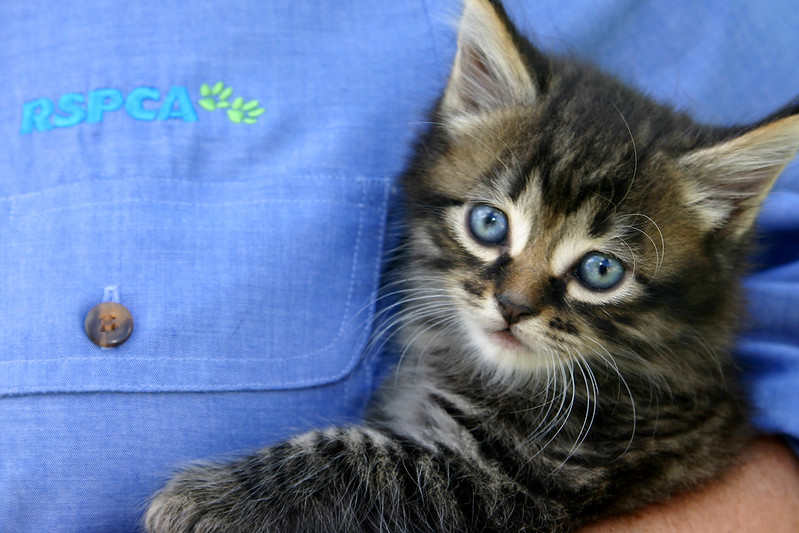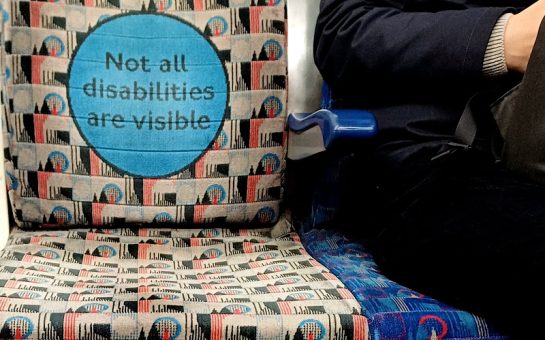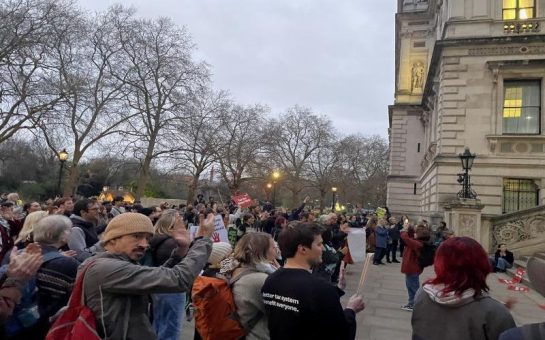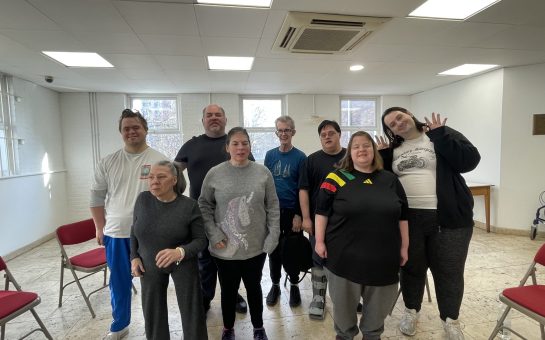The RSPCA is celebrating its 200th anniversary this month after some of the toughest years since the charity’s founding.
Staff have seen the number of admissions to centres rise since the Covid-19 pandemic, but emphasise that a crucial contributor to the ‘rescue pet crisis’ is the current cost of living.
Press Officer Cheryl Hague explained that as well as people abandoning their pets because they did not realise the time and costs needed for taking care of them, there are growing examples of owners who simply cannot afford to look after both themselves and their pet.
She said: “We get abandonment or neglect cases where people really just don’t want to take the dog or cat to the vet and they just leave them.
“We’re also getting a lot of people who are financially struggling, but they absolutely love their pets.
They need help and we really understand that.”
The Pet Food Bank Partnership, launched in 2020, provides animal meals and even issues veterinary vouchers so pets can get the food and care they need.
This eases some of the strain on owners dealing with financial troubles, allowing them to stay with their pets rather than being forced to surrender them.
The scheme has served up to 1.6 million pet meals over the last four years, with more than 40,000 issued for cats and dogs just this year.
Now, the RSPCA is adding to its almost 140 food banks, rolling out the scheme across more areas of England and London to help the growing number of pet owners in need of support and to ensure “no community goes without”.
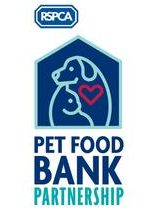
To celebrate its landmark anniversary, the charity is hosting dozens of events for what it has called ‘One Fun Day’.
Tombolas, competitions, and picnics are set to take place for the whole of this month, including in Tooting Bec, Crystal Palace, East Finchley, and Ruislip, with money raised going towards keeping the RSPCA going for another 200 years.
The charity has been making monumental progress in protecting animal welfare, giving it cause to celebrate much more than its already inspiring two-century anniversary.
May saw the passing of the Animal Welfare (Livestock Exports) Bill, outlawing the export of animals from Great Britain for fattening or slaughter.
The RSPCA reported that they had been campaigning for a bill to end the unnecessary, crowded and dangerous journey for an entire century.
It, along with Compassion in World Farming and Kent Action Against Live Exports, marked the accomplishment by lighting up the White Cliffs of Dover.
After humble beginnings in a London coffee shop in 1824, the RSPCA’s achievements in animal welfare and rights range from all the way from getting bills passed in Parliament to the ground level, everyday work of key volunteers and workers.
RSPCA Senior Clinician Aine Maguire described how the veterinary team at the Finsbury Park Animal Hospital rally together to take care of animals suffering from severe illnesses or neglect.
She said: “It never fails to astound me when they come in and they’ve been treated in this way but they’re still really friendly towards us.
“They wag their tail, and they’re still looking for love even though they’ve been treated terribly by another human.
They still have that trust in the rest of the team, it’s quite amazing.”
As well as the increase in neglect and abuse cases coming through the doors of the animal hospital, Aine believes that around half of all cats and dogs she treats are not microchipped, or their microchip details are not up-to-date.
This is an issue echoed by Collette Jensen, manager of the Central London Branch RSPCA in Enfield.
She explained that her staff put up posters of unchipped cats and cats with outdated information in addition to uploading their photos and details to lost pet websites – taking valuable time and resources away from helping unwell animals.
She mentioned one instance where a cat had been missing for seven years by the time it got to the Central London Branch, and how the detailed information on the cat’s microchip eventually led to it being reunited with its owner’s family.
“We tried the telephone number and it was disconnected, we tried the address and they weren’t living there anymore, and in the end we emailed,” she said.
“We did get a reply and the owners were living in Australia, but we reunited it with their family who live up in Nottingham.”
In 2023, Colette’s branch took in 12,000 cats and, as she calls them, “small furries”.
The RSPCA has set up a Cost of Living Hub offering practical help and advice to pet owners who are concerned about the cost of living crisis, as well as a hotline available Monday to Friday from 9am to 5pm – 0300 123 0650.
Featured image credit: RSPCA WOAW via Flickr – CC BY-NC 2.0
